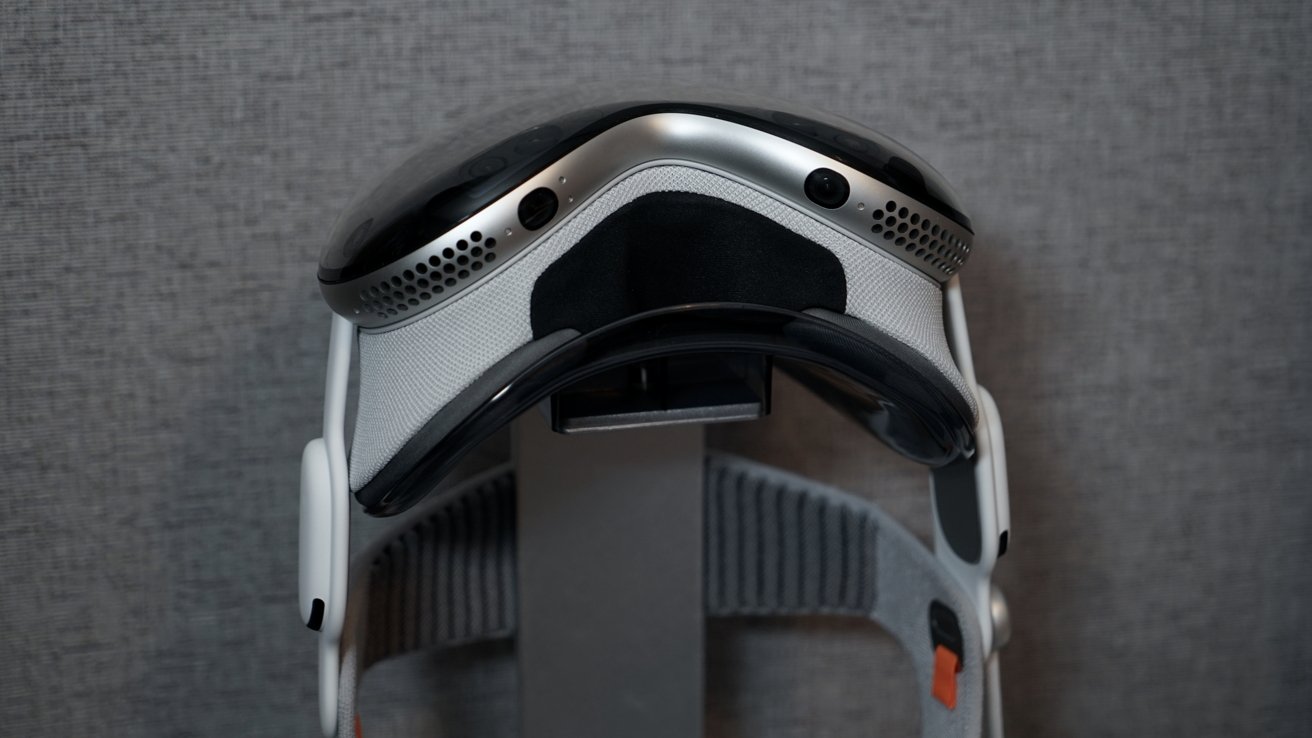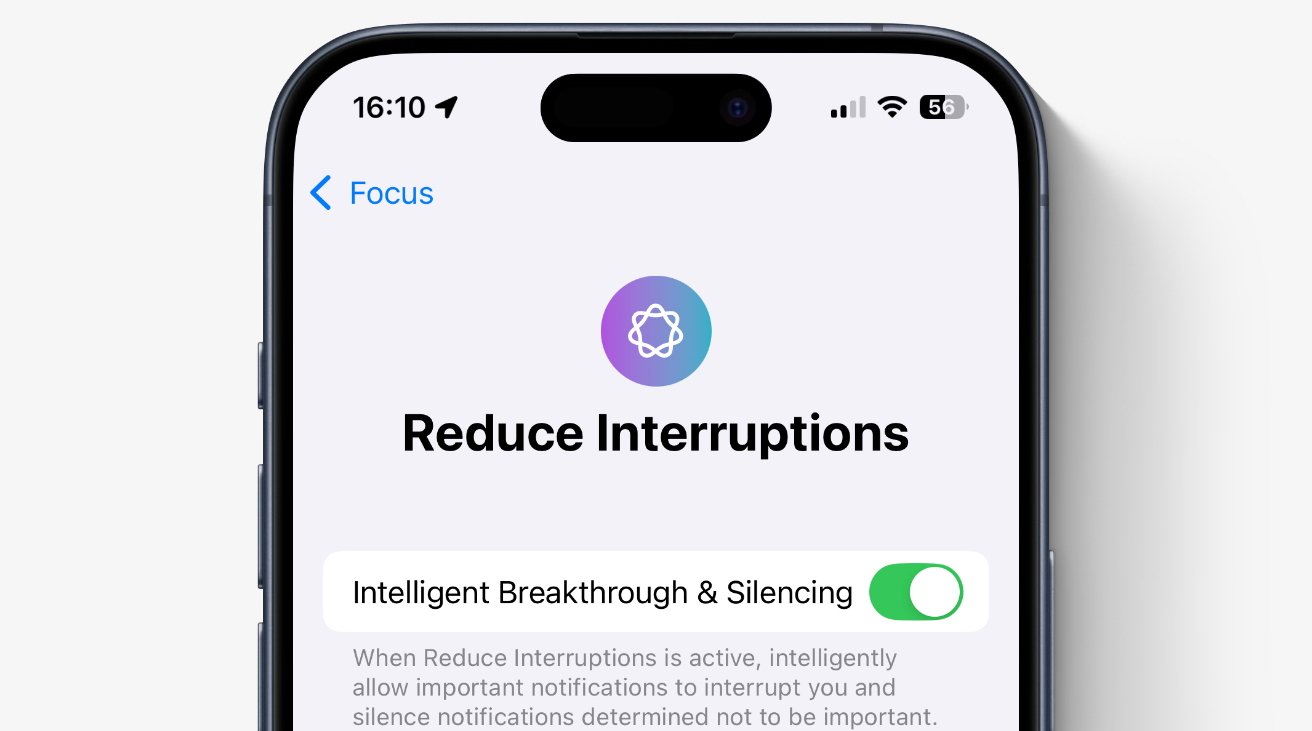Apple is once again under legal fire—this time, over its AI advertising. A new lawsuit filed against the tech giant alleges that its recent campaign for “Apple Intelligence” misleads consumers by overpromising the capabilities of its artificial intelligence features, which are expected to debut in upcoming devices.
The legal complaint, which was filed in a U.S. District Court, claims that Apple has engaged in false advertising by promoting its AI systems as more advanced and integrated than they truly are. According to the plaintiffs, Apple’s “Apple Intelligence” branding gives the impression of highly intelligent, autonomous features that can handle complex tasks independently—something critics argue isn’t quite true.
What Is ‘Apple Intelligence’?
Apple introduced the concept of “Apple Intelligence” during recent product launches and marketing materials, aiming to emphasize its unique approach to integrating artificial intelligence within its ecosystem. Apple portrays its AI as being smarter, more private, and better integrated with native apps compared to competitors like Google Assistant or Amazon Alexa.
The branding focuses heavily on personalized suggestions, automation capabilities, and on-device processing. However, the lawsuit suggests these features are exaggerated or misrepresented in a way that could deceive customers into thinking Apple has a more advanced AI than is actually delivered.
The Heart of the Lawsuit
The plaintiffs argue that Apple’s advertisements imply its devices possess near-human levels of cognitive functionality. From natural language understanding to task automation, the marketing appears to elevate “Apple Intelligence” as a revolutionary leap in AI. The core issue, according to the lawsuit, is that Apple doesn’t clarify the limits of its AI in its public-facing campaigns.
For example, Apple’s AI features often rely heavily on preset frameworks, predefined data sets, and limited contextual understanding—not the broad machine learning scope that the term “intelligence” might suggest. The complaint claims that many advertised functions are not yet available or don’t perform as fluidly as depicted in Apple’s media.
Additionally, there’s concern over Apple using language like “smart,” “intuitive,” and “revolutionary” without providing adequate technical explanation or disclaimers. Consumers may assume they’re getting a cutting-edge AI experience on par with ChatGPT or other generative AI platforms, but in reality, many features are still under development or restricted to certain device models.
Legal and Ethical Implications
False advertising lawsuits are not new to Apple or the tech industry in general. However, this case could open broader debates around how AI is marketed to the public.
The Federal Trade Commission (FTC) has already cautioned companies about “AI washing”—the practice of labeling products or features as “AI-powered” when they rely on conventional automation or non-AI algorithms. As AI becomes more central to consumer electronics, clarity around these terms is becoming more critical.
Apple’s massive influence and tightly integrated ecosystem give it a unique position in the market. That also means its claims are held to a higher standard, especially when many users consider Apple’s marketing language as reflective of the user experience.
Could This Affect Apple’s AI Roadmap?
While it’s too early to predict the lawsuit’s impact on Apple’s future AI rollouts, the case could result in changes to how the company communicates about its technology. In a worst-case scenario, Apple might be forced to include clearer disclaimers in its advertising or scale back marketing language until features are more broadly available and reliably performant.
Apple may also need to invest further in transparency initiatives—such as publishing technical whitepapers or user education material explaining what “Apple Intelligence” actually does.
It’s also likely Apple will argue that “Apple Intelligence” is a brand term rather than a literal description. If the court sides with this perspective, it could set a precedent for other tech companies to use catchy AI branding without detailed explanations, though consumer rights groups would likely challenge this trend.
A Bigger Conversation About AI and Hype
This lawsuit underscores a growing tension in the tech world: the gap between AI expectations and AI reality. As generative AI tools dominate headlines, companies are racing to attach themselves to the trend. However, the public is still learning what these tools can actually do—and that creates an environment where exaggerated marketing can easily cross ethical lines.
If Apple loses or settles the lawsuit, it may pave the way for similar legal actions against other companies leveraging ambiguous AI branding. Tech firms will have to walk a fine line between innovation storytelling and staying truthful about the limits of their offerings.
Consumer Caution Is Key
Ultimately, consumers are advised to remain skeptical of lofty AI promises, regardless of the brand. As AI capabilities continue to evolve, so too must consumer understanding. Buyers should look beyond marketing terms and assess features based on real-world performance and independent reviews.
Apple’s influence means the outcome of this lawsuit won’t just affect Cupertino—it could ripple across the entire tech industry, reshaping how AI products are advertised and defined in legal terms.



